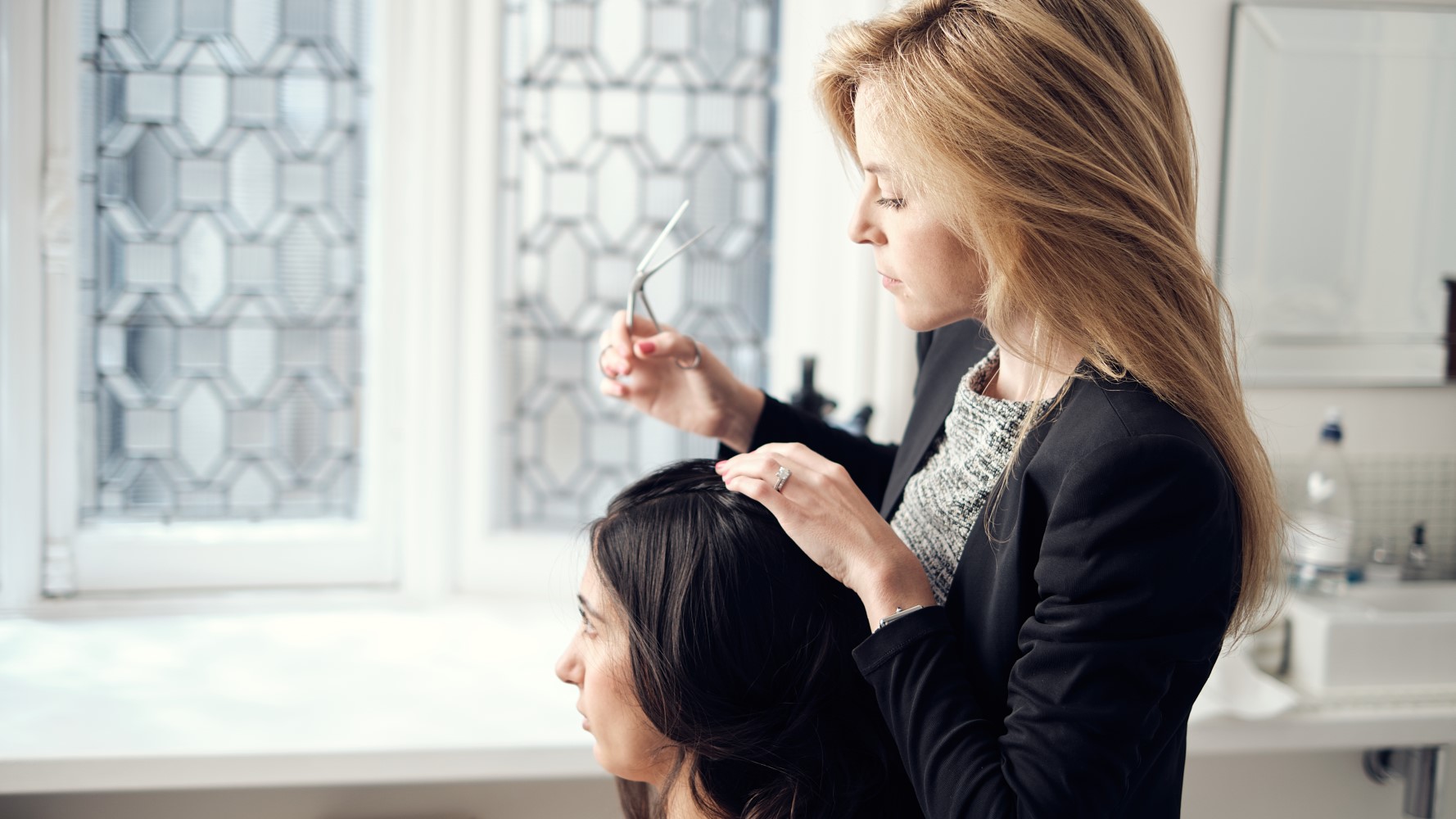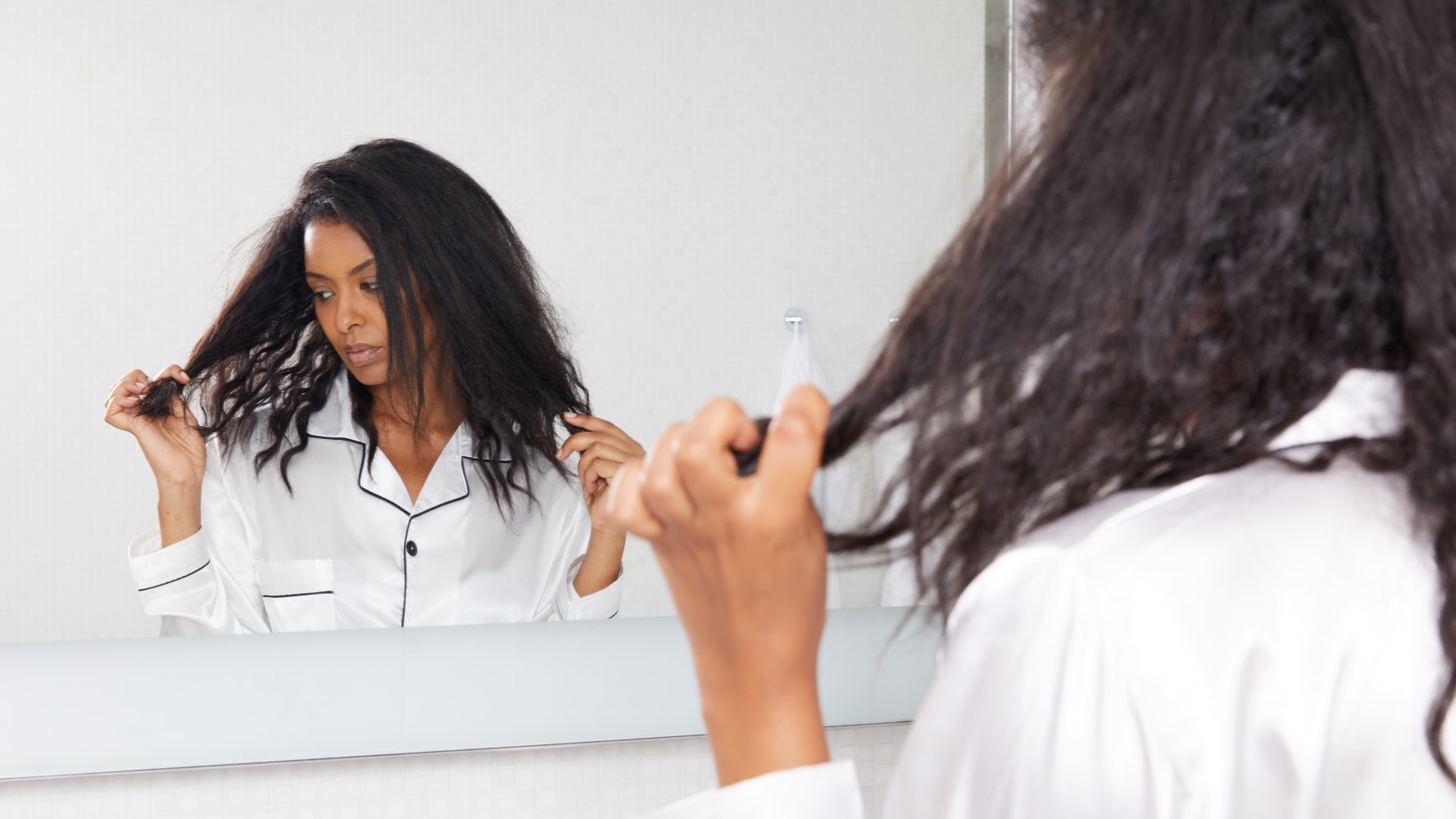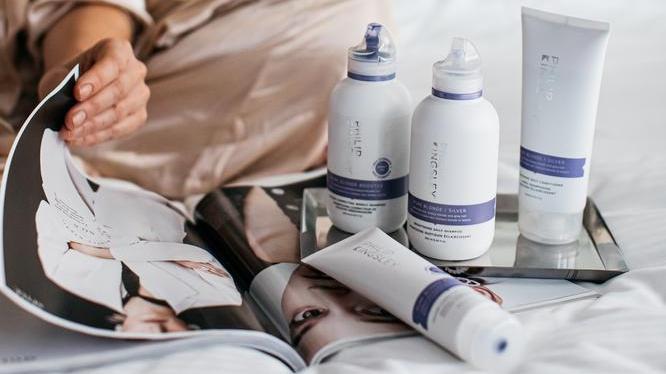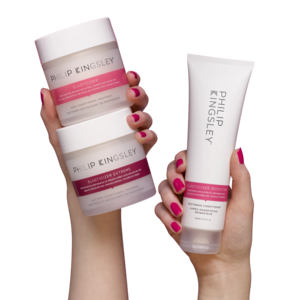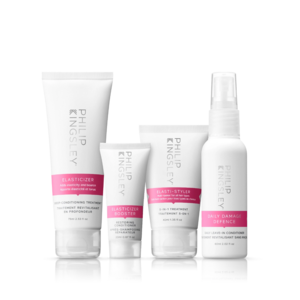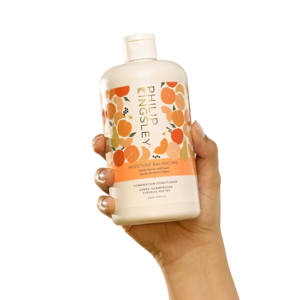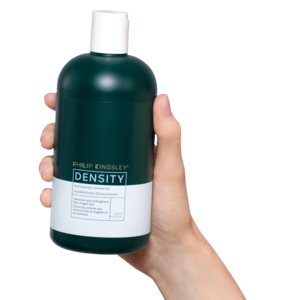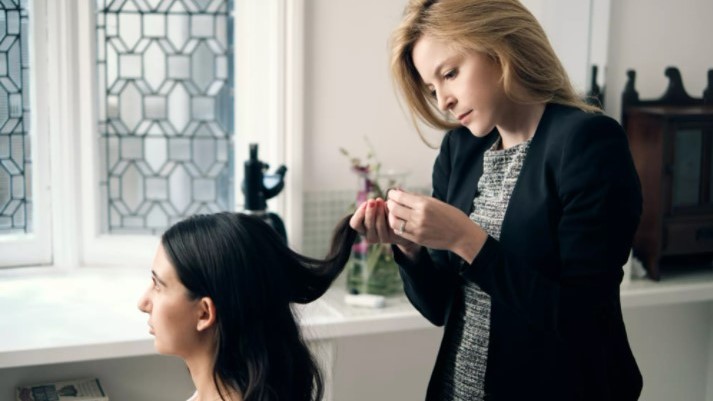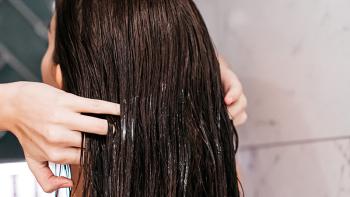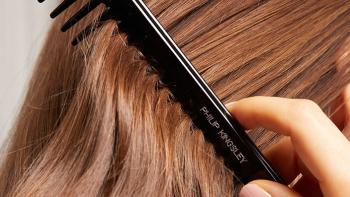CLINIC CONSULTATIONS
To find out more about how you can maximise your hair health and growth, come and see us at one of our Clinics where we will be delighted to welcome you.
Vitamin B12 is a powerhouse nutrient that supports your body in many ways, but did you know it’s one of the most essential for keeping your hair healthy? While most get enough through a balanced diet, there are other factors that can mean your B12 levels are lower than recommended. When this happens, your hair can be one of the first things to show signs of deficiency, with increased shedding, thinning or premature greying. Understanding how B12 works and why it’s essential for hair health can help you take proactive steps to support your hair from the inside out.
Why Vitamin B12 Is So Important For Hair Health?
Vitamin B12 is used by every cell in the body and supports overall health, including the nervous system and blood cells. For hair specifically, it helps your body metabolise amino acids (the building blocks of hair) which are crucial for strong, healthy strands. When your B12 levels are low, hair can become weaker, more brittle and prone to shedding. Maintaining adequate B12 ensures your hair follicles receive the nutrients they need to remain active and healthy.
Causes Of Vitamin B12 Deficiency And How It Impacts Hair
Vitamin B12 deficiency (also known as Vitamin B12 deficiency anaemia) occurs when your body doesn’t have enough of this vital nutrient. This condition can cause your red blood cells to be fewer and larger than normal. Deficiency may result from several things including:
‘Pernicious anaemia’ where your body cannot absorb B12 efficiently from food
Diets low in B12-rich foods
Certain medications, including some contraceptive pills, that interfere with absorption
Low B12 levels can manifest in several ways, and many of these symptoms directly affect hair health. Common signs include extreme tiredness, low energy, pins and needles, muscle weakness, disturbed vision, low mood, diffuse hair loss and even premature greying. If you notice hair shedding or thinning alongside these symptoms, it may be worth consulting with a healthcare professional to get your levels checked.
The Best Dietary Sources Of Vitamin B12
Where possible, try to favour eating a balanced diet and foods rich in essential vitamins and minerals. Here are some which are especially high in B12:
Poultry and liver
Eggs
Salmon and cod
Milk and fortified soy milk
Fortified cereals
Yeast
Eating these foods can often meet your B12 needs and support healthy hair growth. However, absorption may be limited for some, making supplementation necessary under professional guidance.
Vitamin B12 Supplements & Other Treatment Options
If a blood test confirms a deficiency, Vitamin B12 supplements can help restore healthy levels. Supplements may be particularly useful for those with dietary restrictions, absorption issues or increased nutritional needs. We would always suggest consulting your GP or a Trichologist before starting any supplementation.
Taking B12 without medical supervision is not recommended, as it can mask other deficiencies or interact with certain medications. With professional guidance, supplementation can help reduce hair shedding and support regrowth.
Supporting Your Hair Whilst Maintaining B12 Levels
In addition to B12 intake, general hair care also plays an important role. Maintaining a healthy scalp, following gentle hair care routines and managing stress can all improve your hair’s response to nutrients and help prevent further shedding or breakage. Your Trichologist can provide personalised advice tailored to your hair type and individual needs. You can book a consultation at our Philip Kingsley Clinic here.
Your Vitamin B12 Hair Questions, Answered
Q: Can B12 deficiency cause hair loss?
A: Yes. Low levels of Vitamin B12 can increase hair shedding and thinning because the hair follicles aren’t receiving the nutrients needed for strong, healthy growth.
Q: What are the signs of B12 deficiency and how do they relate to hair health?
A: Symptoms can include fatigue, pins and needles, low mood, and hair changes such as diffuse shedding or premature greying. Hair responds to deficiency because B12 is essential for protein metabolism and cell regeneration in hair follicles.
Q: Can taking B12 supplements improve hair growth and thickness?
A: Supplements can help if a deficiency is present, supporting hair regrowth and strength. However, they should only be taken under medical supervision or advice from a Trichologist.
Q: How long does it take to see improvements in hair health after starting B12 supplementation?
A: Hair growth is gradual. Some may notice reduced shedding within a few weeks, but visible improvement in thickness and strength may take several months.
Q: Are there any side effects associated with taking B12 supplements for hair growth?
A: When taken as directed under professional guidance, side effects are rare. Over-supplementation without need can cause interactions with other nutrients or mild digestive issues. Always consult a healthcare professional before starting supplements.



